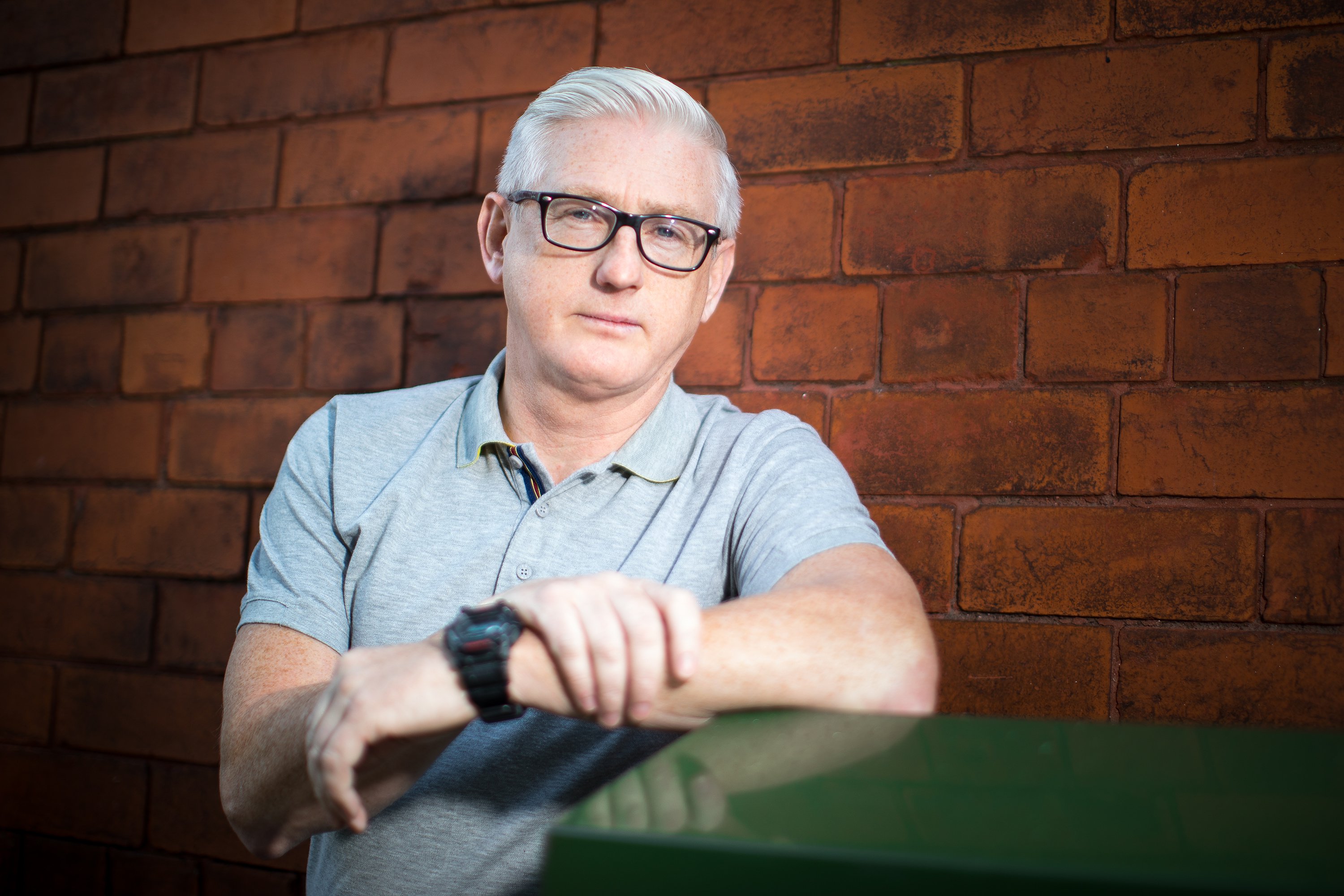The difficulties in bridging the two services are partly down to the way they’re set up; there can be a vast difference in the way care is delivered.
Children’s services tend to be less focussed on diagnosis when they see young people emotionally distressed unless there is a clearly defined mental illness.
On the other hand adult services are usually diagnostically led and this difference can create additional challenges on what can often be a tricky pathway. At the same time research shows that the transition experience can be ‘make or break’ for a young person with on-going mental health difficulties.
A successful outcome is possible, but it needs strong links between the young person and both sets of services - a dedicated practitioner with a foot in both camps.
Adult mental health nurse Phil Laing is employed jointly by Mersey Care and Alder Hey Children’s hospital which runs Children and Adolescent Mental Health services (CAMHS) for the area covered by Mersey Care.
The partnership is based on agreed goals between the two services. Around six months before the young person ‘graduates’ from children’s services Phil begins working with them and their CAMHS key worker and any other agencies involved.
The transition pathway can be complicated and Phil acts as a systems navigator. “They lose the security of key staff they have built relationships with and are faced with a new and different world. They need to be ready, fully informed of where they’re going next and understand the process. To be included, not ‘done to’.
“It’s important to get to know the person so they trust what we say. They’ve heard myths about adult services, for instance think they’re going to go straight onto a hospital ward; but in almost all cases they’ll be in the care of community teams.”
The young person is supported to set transition goals which guide the type of ongoing support offered. They are encouraged to share their experience and level of satisfaction with the process.
Phil: “Young people value good information, consistent support from a key worker, and flexible, non-stigmatising community based services appropriate for their age group. If we can provide those things and the transition goes well the person tends to do well. If it goes wrong some people can end up in adult services for years – It’s a missed opportunity that will have repercussions all their lives and put more demand on services.”

